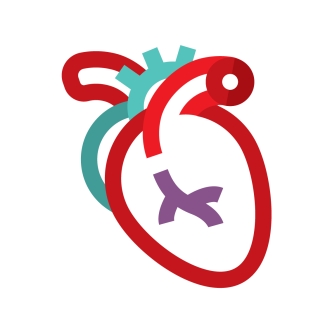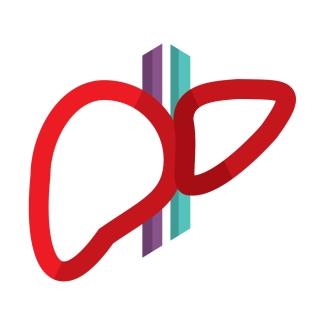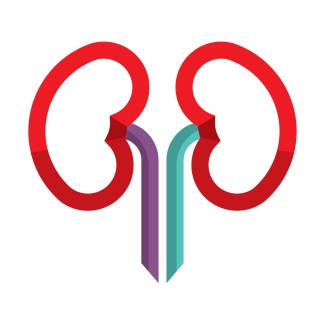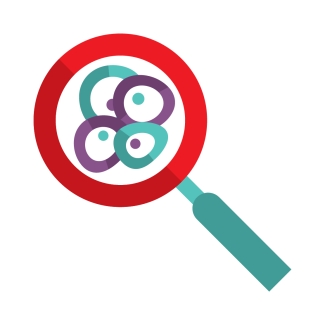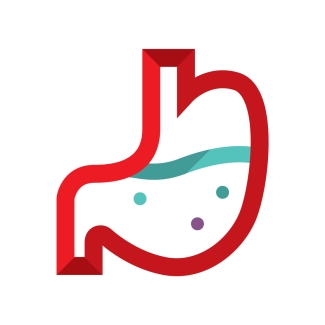Organ donation after death
How deceased organ donation works
Deceased donation is a rare occurrence. For someone to become a deceased organ donor, they have to die under very specific circumstances. The opportunities for deceased organ donation remain limited as only about 1–2% of deaths in hospital occur in such a way to allow for donation.
In Canada, there are two ways in which a person must die to allow them to become an organ donor:
Neurological determination of death (NDD)
Neurological determination of death (also referred to as ''brain death") means the brain has permanently lost all function and a diagnosis of death using neurological criteria has been determined.
Donation after Circulatory Death (DCC)*
Death determination by circulatory criteria (DCC) is an option for organ donation for patients with severe brain injuries once a decision has been made to remove all life-sustaining treatments. When a person's heart permanently stops beating, they have experienced circulatory death.
*Not all jurisdictions in Canada allow for donation after DCC.
Facts about deceased organ donation
- Only 1–2% of people who die can be considered for organ donation.
- Most people can be considered for tissue donation.
- Organ and tissue donation are considered only after all lifesaving efforts have failed and it is certain a patient will not survive.
- There is no cost to your family or estate if you donate organs or tissues.
- Most of the time, there is no way to tell that the person was an organ or tissue donor and you can have an open casket funeral.
- The surgery to remove organs and tissues is done with the same care as any other surgery.
FAQs about deceased organ donation
Can my family override my decision?
Donation happens at a time of tragedy. At that time, we ask the family if they are aware of any change in their loved one's decision and honour their wishes as a registered organ donor. Often, when a family sees a copy of the signed registration form it provides relief and comfort and helps them to move forward in fulfilling their loved one's wishes. It is important to have a conversation with your loved ones so they are confident when asked about organ donation.
Am I eligible to become an organ donor?
Anyone can be a potential donor regardless of age, medical condition or sexual orientation. Even individuals with serious illnesses may sometimes be donors. All potential donors are evaluated on an individual, medical, case-by-case basis. The oldest organ donor in Canada was 92 and the oldest tissue donor was 104. Don’t rule yourself out.
Why is registering my decision to become an organ and tissue donor and talking to my family so important?
In a time of tragedy, a conversation with your family will take place. They will be asked to provide consent saying they have been informed and agree with the donation process. It is also your family members who will be asked to answer the medical and social history questionnaire as part of the screening process, which is not possible if the family disagrees with donation. Because of this, it’s very important to talk about your wishes with your family. Tell them what you want to happen when you die. Family members will feel better about their decision if they have talked to you and know what you want.
What about opt-out consent?
In an opt-out or presumed consent system, everyone is a potential donor unless they say otherwise. Some jurisdictions in Canada are looking into the possibility of moving from an opt-in to an opt-out form of consent for organ donation.
However, there is considerable evidence to suggest that strategies such as in-hospital transplant coordinators, education and training for medical professionals, and public education are more effective at increasing donor rates than presumed consent legislation. For example, Spain attributes its world-leading deceased donor rate primarily to its use of transplant coordinators, donation physicians and a robust education program for health care professionals with presumed consent legislation playing a lesser role.
It is our position that as a system we must focus on implementing foundational elements to support and increase donation opportunities, including creating specialist positions like donation physicians and coordinators, educating health care professionals and implementing donation after cardiac death. Without these foundational system elements in place, changing the consent legislation alone will not bring about the desired level of increased donations.
